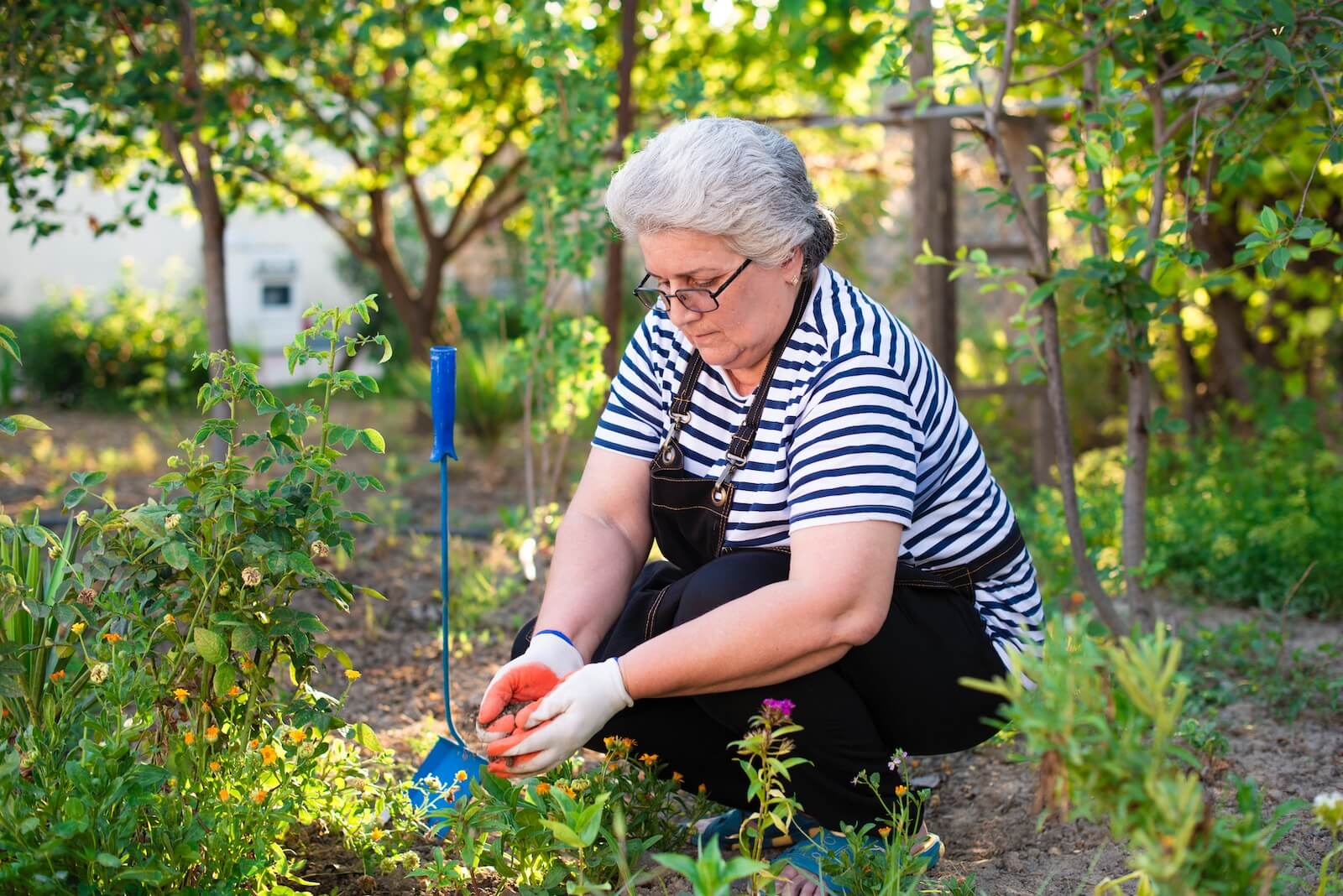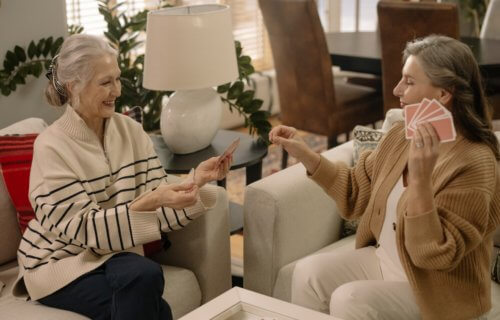LONDON — As people grow older, many find it becomes harder and harder to fight off frowns and bad moods. Now, researchers from University College London suggest the secret to happiness during old age may be as simple as avoiding stagnation. Their study finds that having a hobby has an association with fewer depressive symptoms and higher levels of happiness, self-reported health, and life satisfaction among people 65 and older.
Importantly, this finding remained consistent among older adults across 16 countries on three continents. The study authors initially set out to investigate if any potential benefits tied to hobbies were consistent in different national settings. To accomplish this, they utilized a dataset encompassing 93,263 people over 65 who participated in five longitudinal studies conducted in the United States, Japan, China, the United Kingdom, and 12 other European countries.
After analyzing data spanning four to eight years among these individuals, researchers discovered that having a hobby is also associated with decreases in depressive symptoms and increases in happiness and life satisfaction. This indicates, the team at UCL explains, that a causal effect may be at play here. However, this project was ultimately observational and cannot establish a definitive cause.
Still, it’s key to note that these results remained consistent even after the research team adjusted for additional factors such as partnership status, employment, and household income. All in all, the study concluded the benefits of having a hobby were relatively universal, with only minor differences developing based on the country.
“Our study shows the potential of hobbies to protect older people from age-related decline in mental health and wellbeing. This potential is consistent across many countries and cultural settings,” says lead author Dr. Karen Mak (UCL Institute of Epidemiology & Health Care) in a media release. “Of the four outcomes, life satisfaction was most strongly linked to hobby engagement. Hobbies may contribute to life satisfaction in our later years through many mechanisms, including feeling in control of our minds and bodies, finding a purpose in life, and feeling competent in tackling daily issues.”
“Theoretical work suggests the relationship between hobbies and wellbeing may cut both ways – that people with better mental health may be more likely to take up a hobby, and persisting with a hobby may help us to retain improved life satisfaction. Our research also supports policymakers in promoting access to hobbies among older people as a way to enhance their wellbeing and health.”

For the purposes of this study, researchers defined a hobby as any activity one engages in during their leisure time for pleasure. Hobbies, of course, can vary widely, from reading or gardening to volunteering, playing games, or arts and crafts.
Notably, the percentage of people who reported having a hobby varied widely between nations; 51 percent of those living in Spain had a hobby, while 96 percent of those in Denmark said the same. Similarly, a high percentage of participants had a hobby in Sweden (85.8%) and Switzerland (94.4%).
China, on the other hand, had the lowest level of hobby engagement at just 37.6 percent. However, researchers stress that Chinese respondents were only asked about their social hobbies, not hobbies in general.
Nations with higher life expectancy and national happiness levels also tended to have more citizens reporting hobbies, with the link between well-being and having a hobby being stronger in those countries.
The five longitudinal studies used in this project included the English Longitudinal Study of Ageing (ELSA), the Japan Gerontological Evaluation Study (JAGES), US Health and Retirement Study (HRS), Survey of Health, Ageing and Retirement in Europe (SHARE), and China Health and Retirement Longitudinal Study (CHARLS). The ELSA, JAGES, and HRS entailed participants being asked about hobbies but the word was not defined; in SHARE and CHARLS, participants were asked if they engaged in a specific list of hobbies.
The study is published in the journal Nature Medicine.
You might also be interested in:
- Brain games: Crossword puzzles and artistic hobbies can lower Alzheimer’s risk
- Best 1980s Baseball Cards: Top 5 Collectibles, According To Experts
- Best Gaming Laptops In 2023: Top 5 Systems Most Recommended By Expert Reviews
- Best Jigsaw Puzzles: Top 5 Brain Benders Most Recommended By Experts

